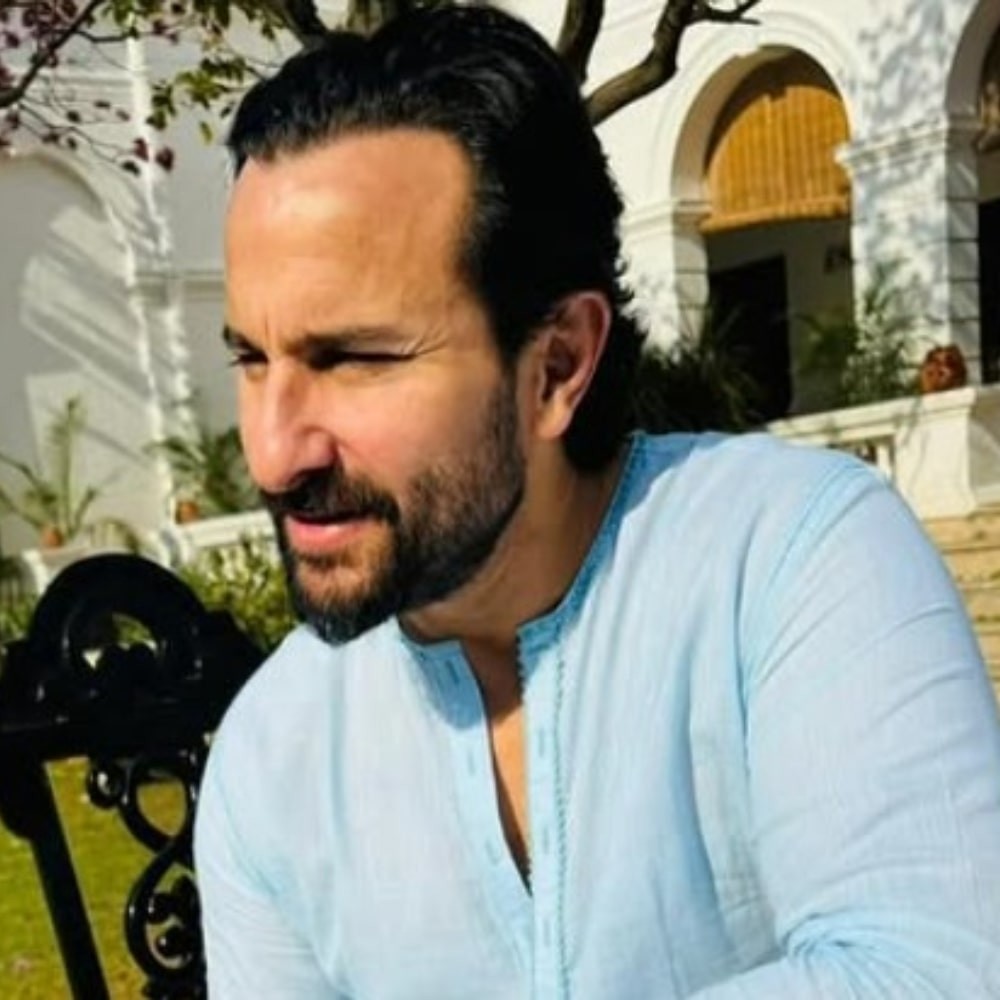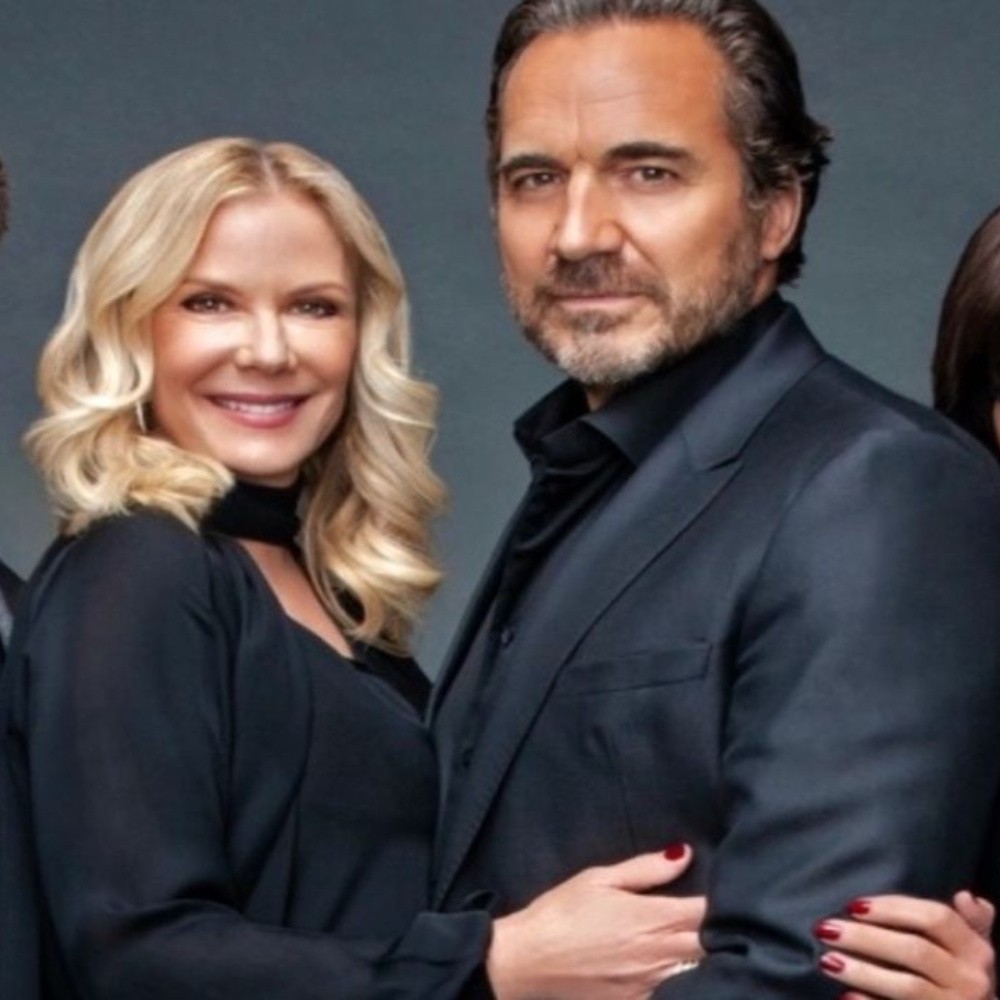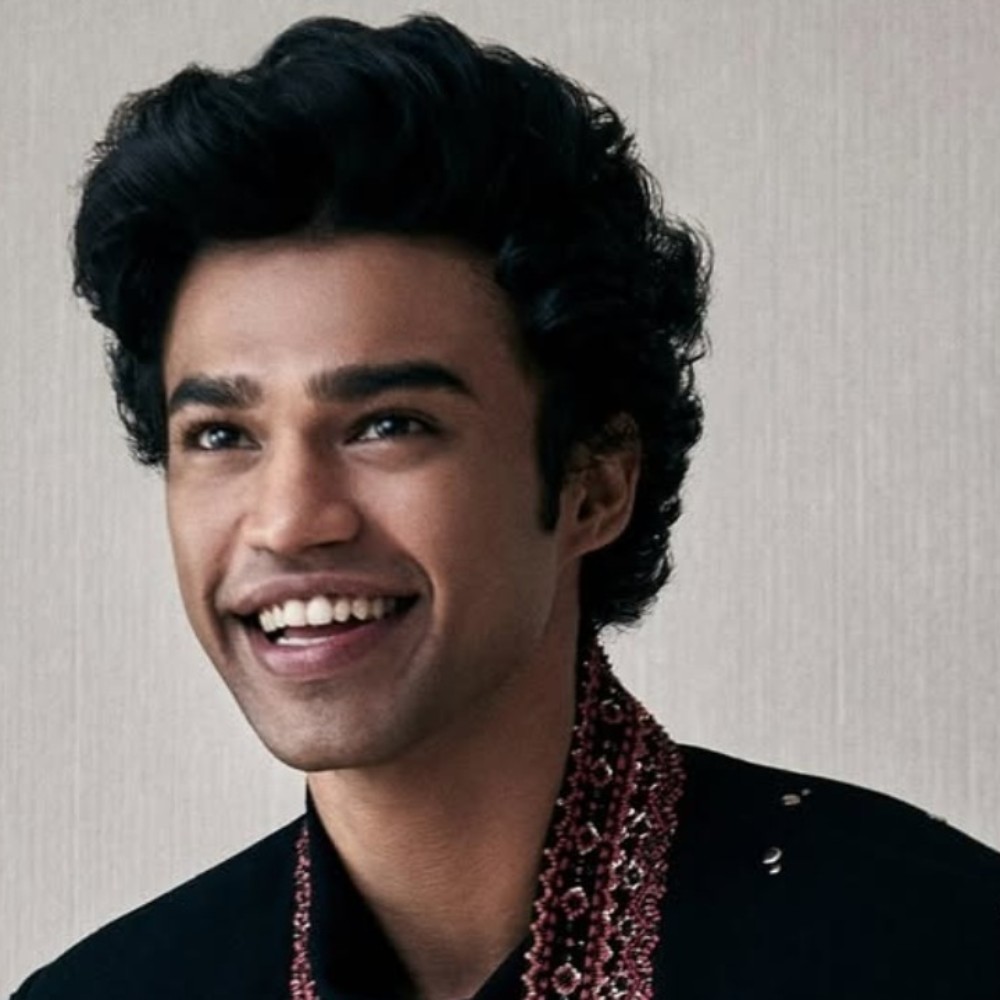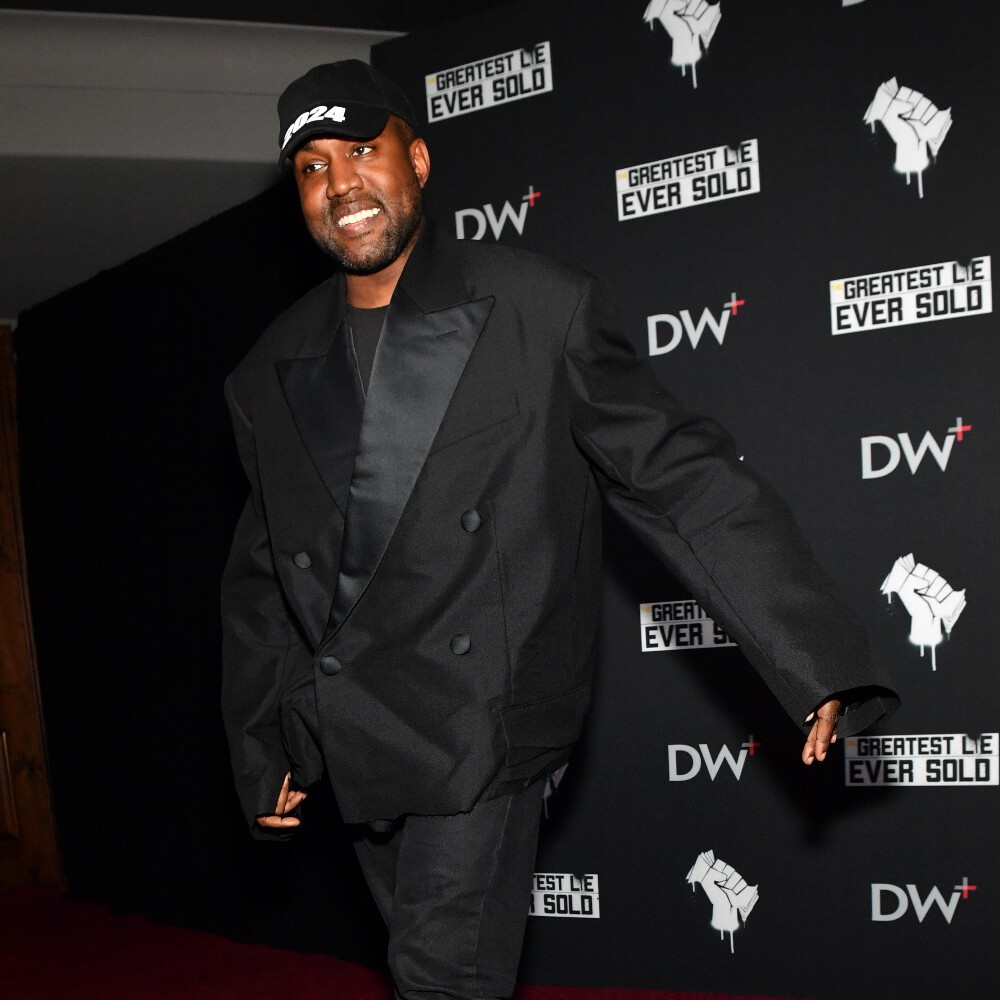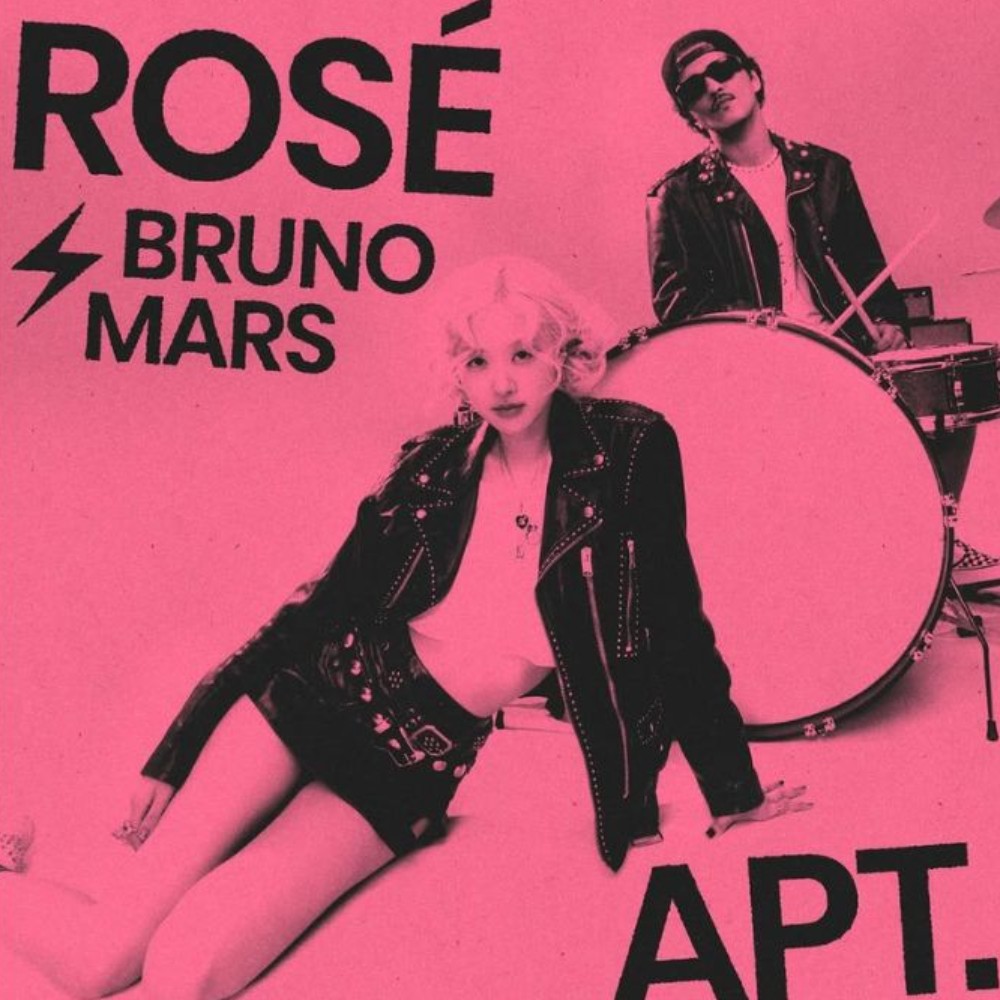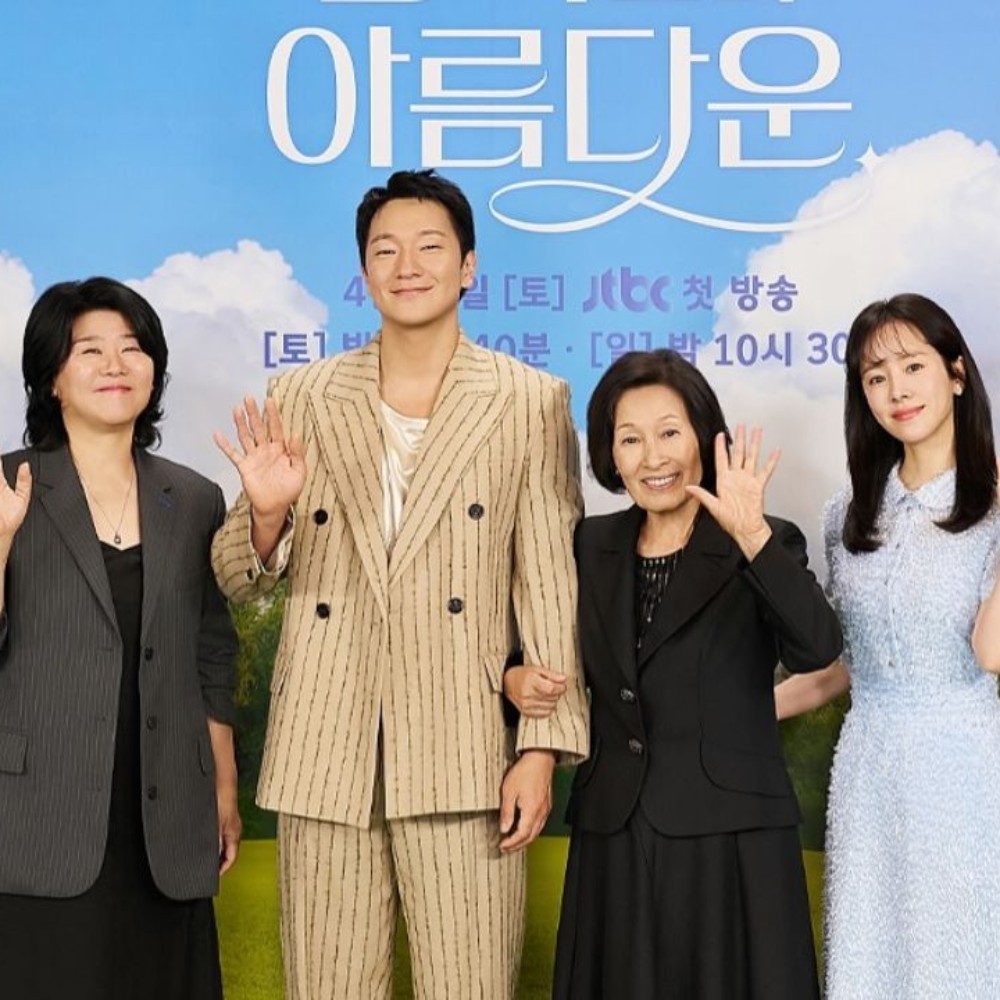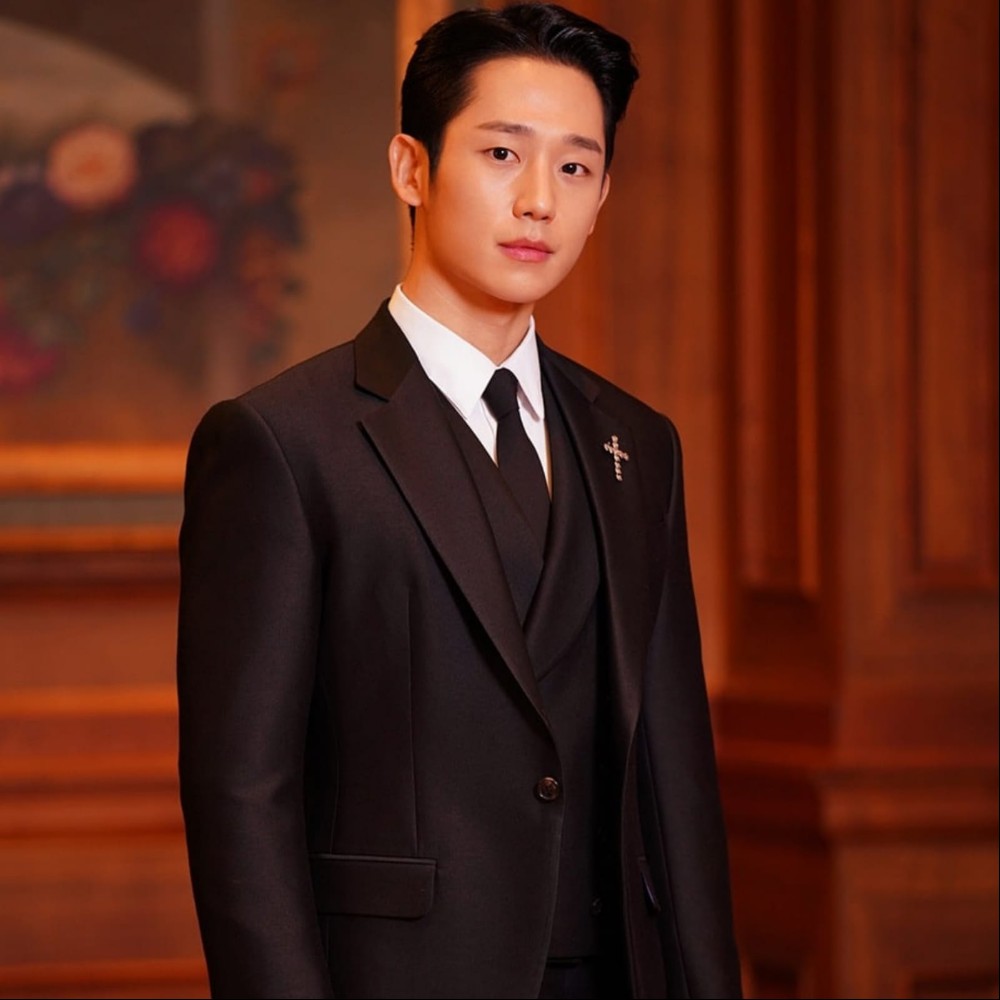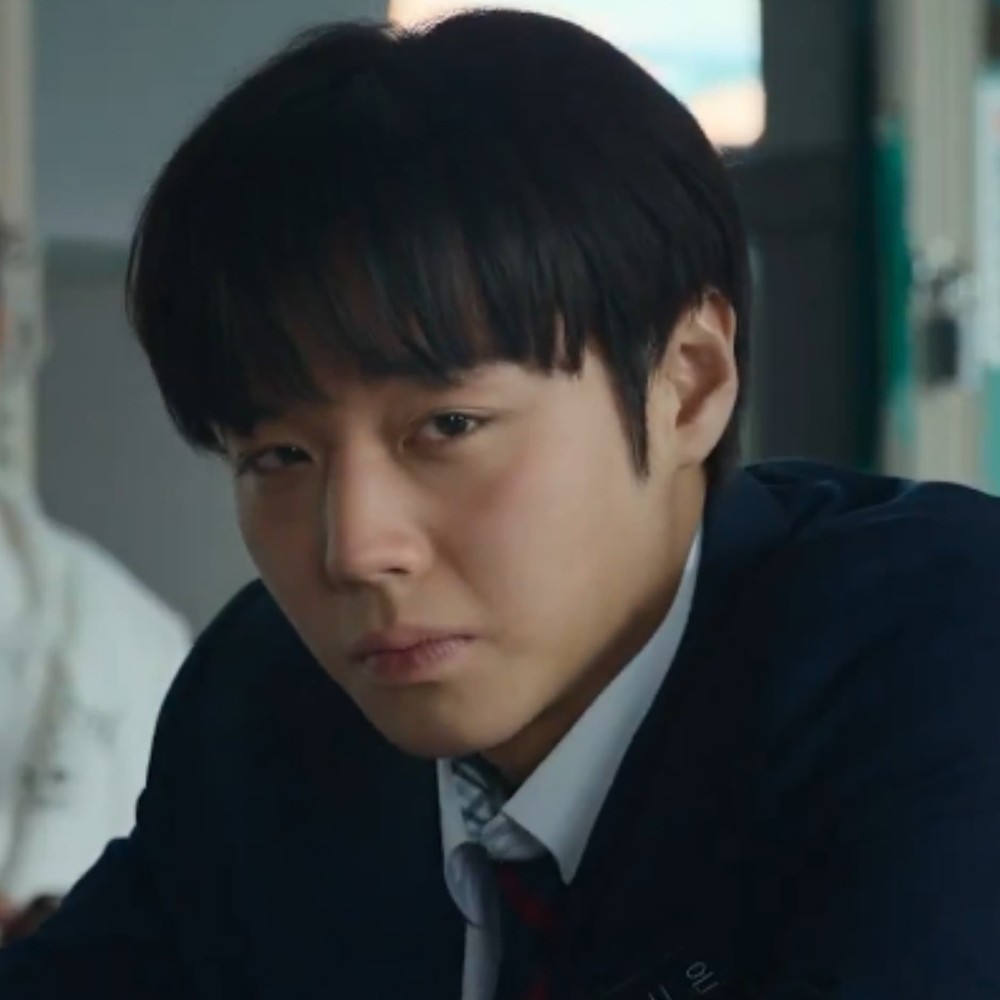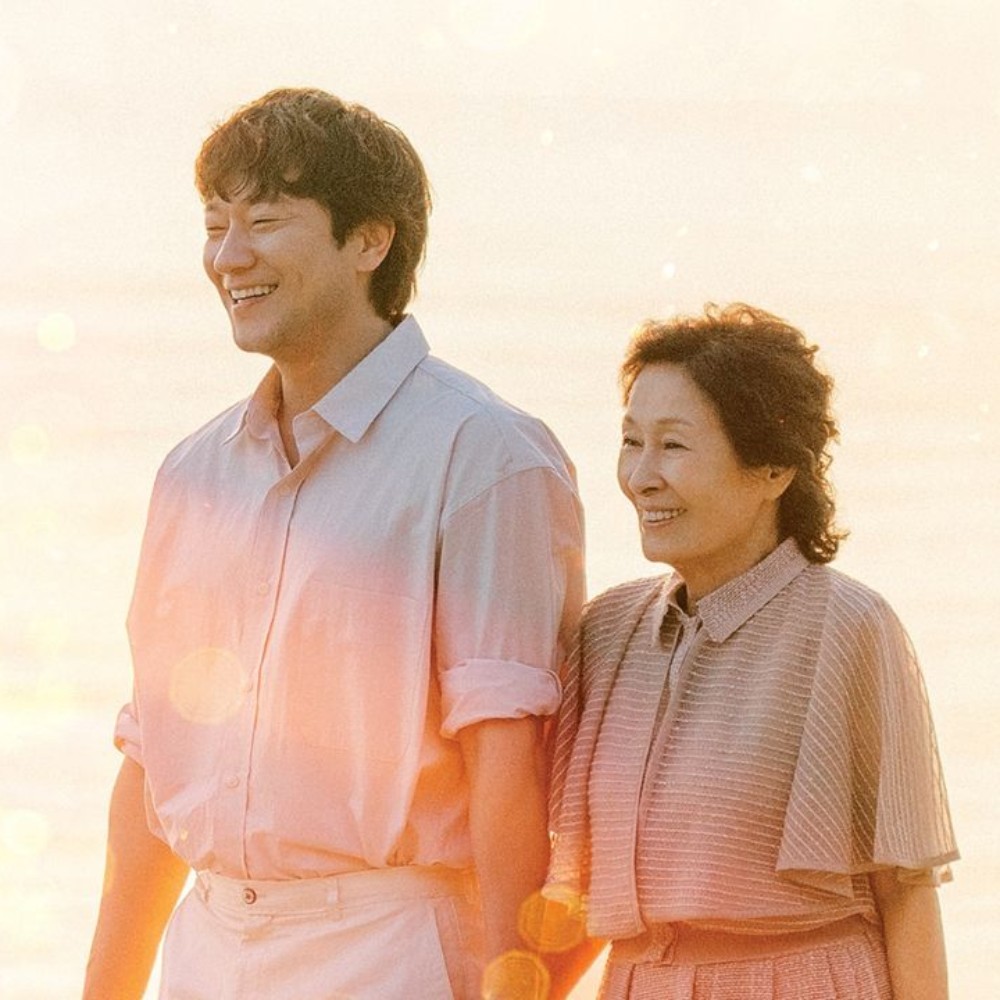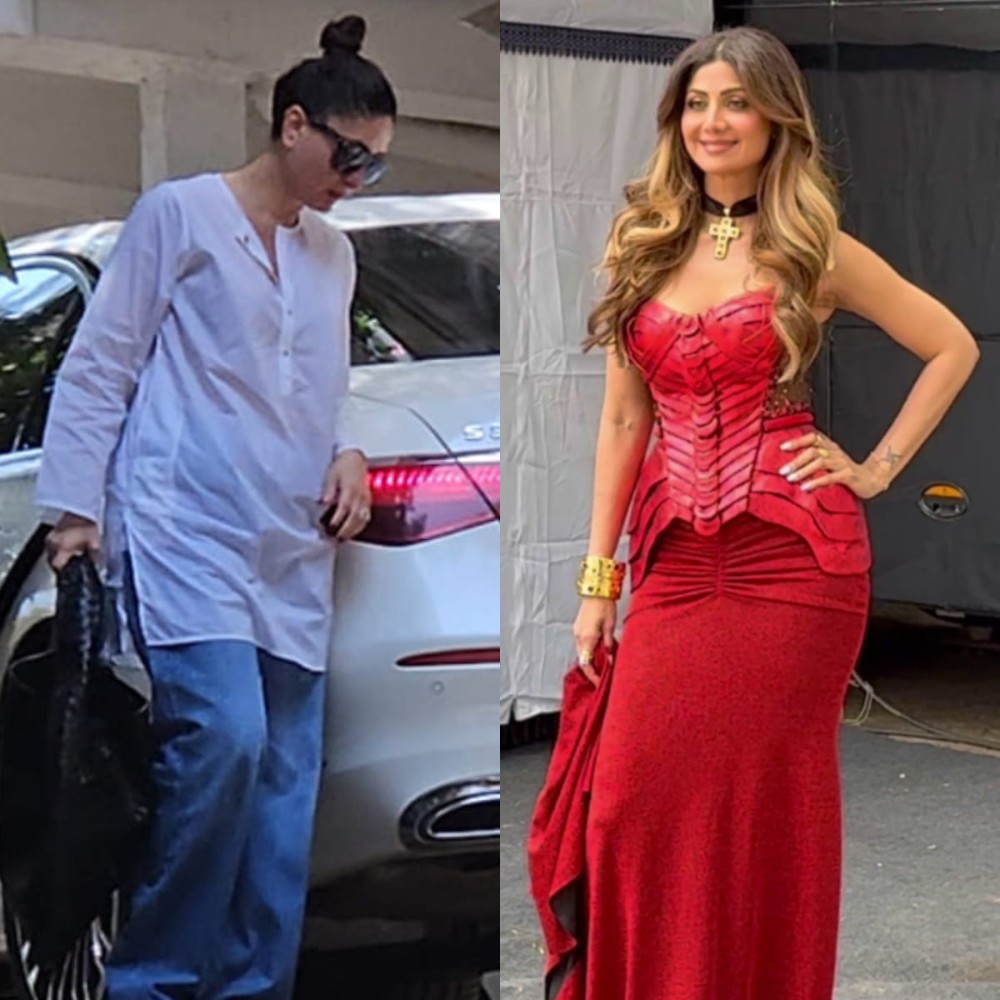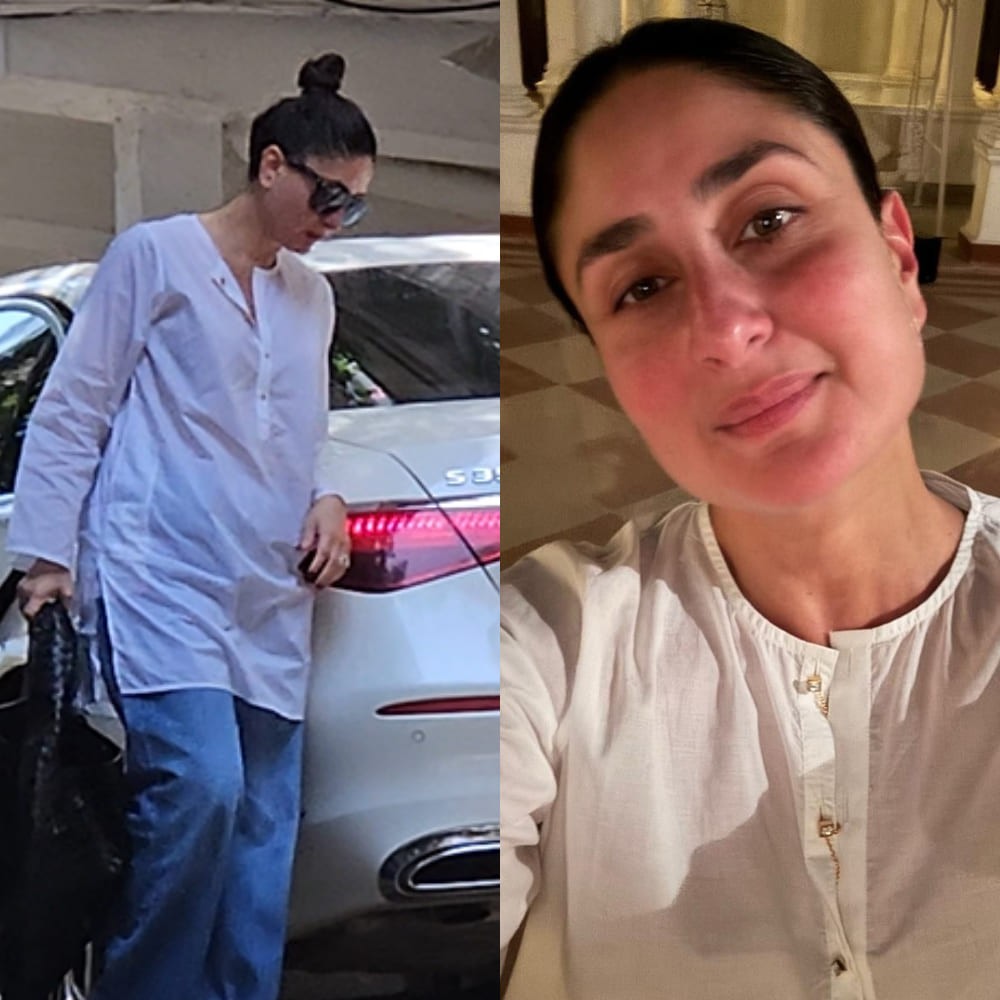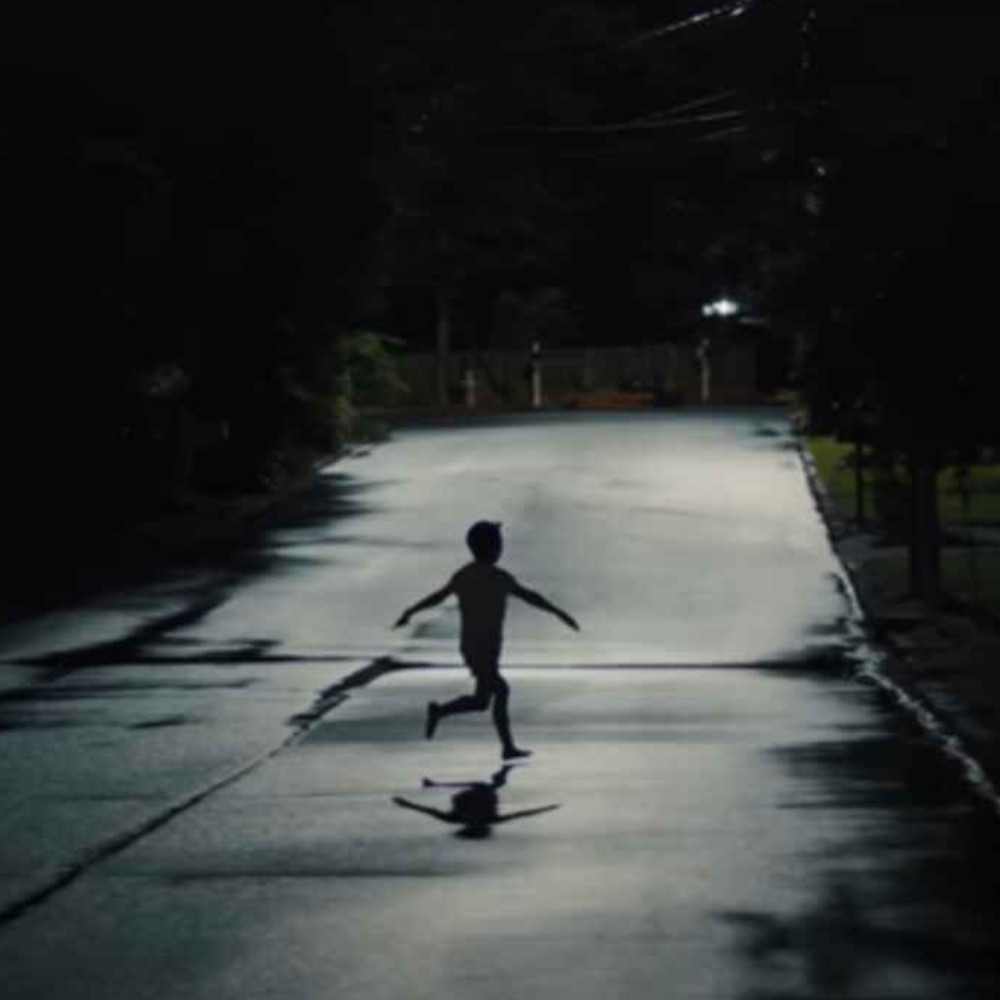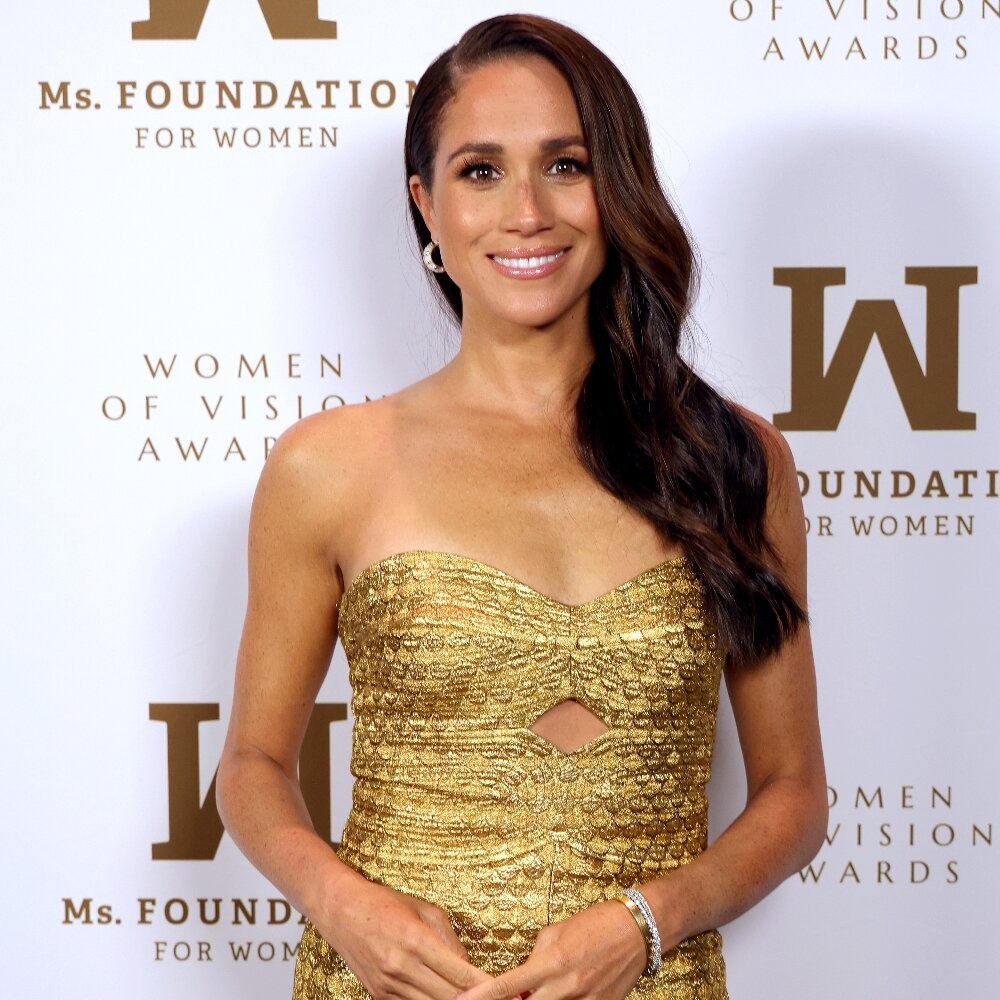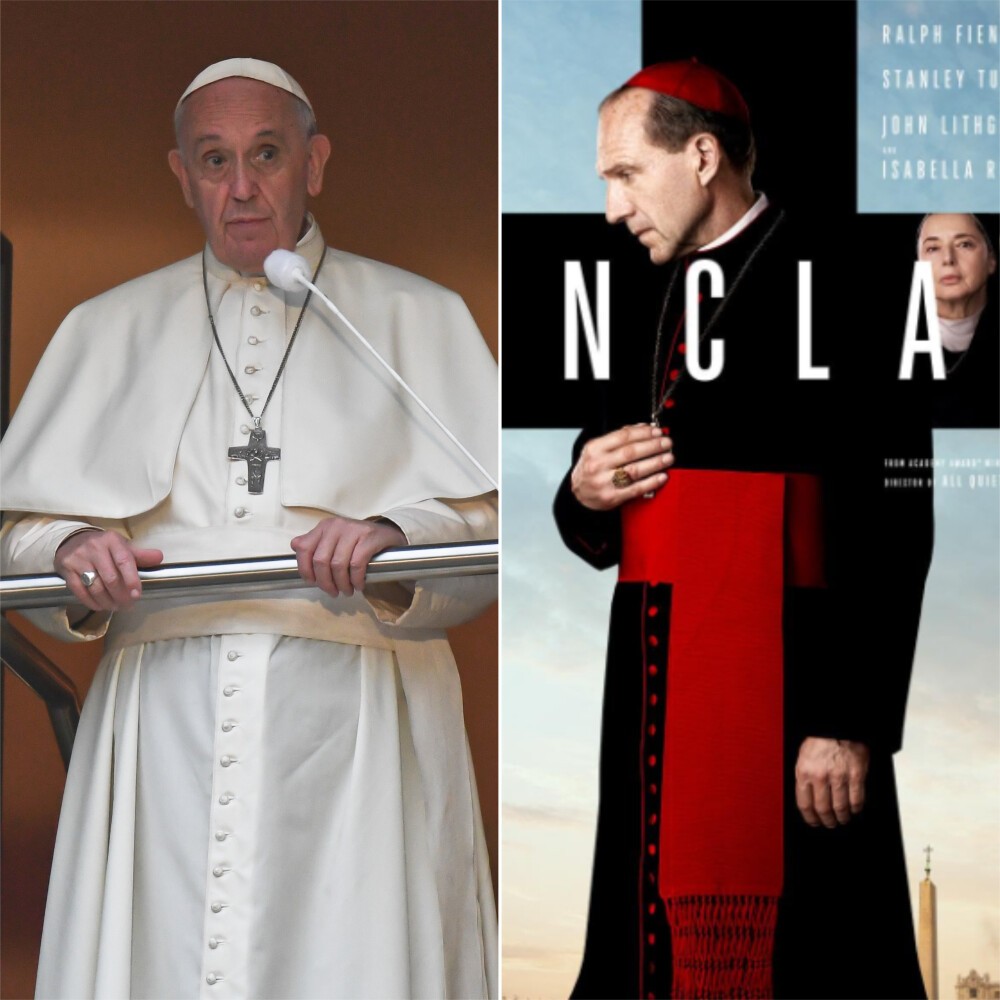Why Was Richard Gere Banned From The Oscars In 1993? Explained
Famous American actor Richard Gere was banned from the prestigious Oscar ceremony in 1993. Here’s what to know.
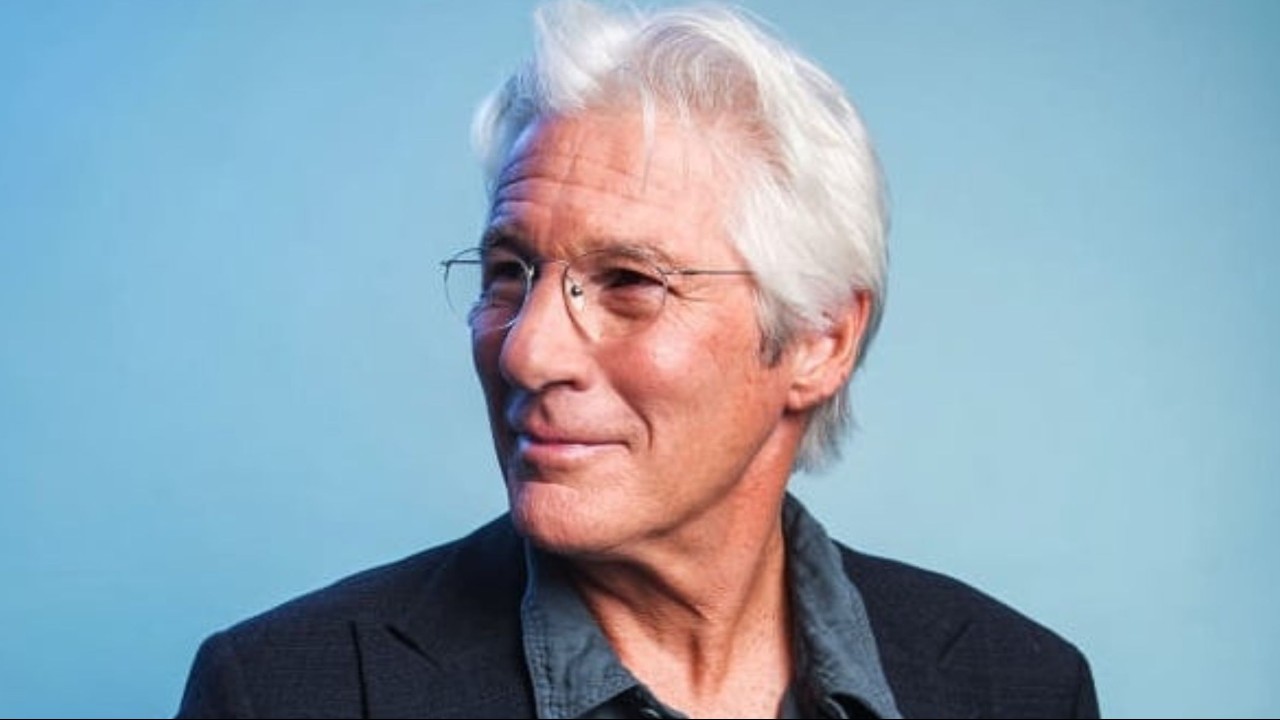
The Oscars, Hollywood's premier night to celebrate the year's best performances, have seen their share of surprises and controversies over the decades. The most infamous ones are Warren Beatty's La La Land mix-up and the Will Smith/Chris Rock slap. Among these shocking moments is one less commonly discussed: why Pretty Woman star Richard Gere was banned from the Oscars for ten years.
Richard Gere is known for his roles in Chicago, Primal Fear, Days of Heaven, and Pretty Woman, is known for his charming looks and often portrays gentlemanly characters, notably Zack Mayo in An Officer and a Gentleman.
Richard Gere's early on-set controversies
Despite delivering standout performances in Hollywood, Richard Gere faced early controversies behind the scenes. He admitted in an interview to clashes with his co-stars Debra Winger and Louis Gossett Jr. While his feud with Winger was surprising given their on-screen chemistry, his conflict with Gossett Jr. turned physical. Gere recounted, "I love Lou, but he didn’t work as hard as me to learn the karate... I got frustrated and actually clocked him in the gut." Gossett Jr. responded by walking off set.
In 2007, Richard Gere sparked another controversy at an HIV awareness event in New Delhi, India, when he kissed actress Shilpa Shetty on stage. This gesture was deemed a violation of the country's public obscenity law, which can result in up to three months in prison, a fine, or both. Initially, Gere faced no consequences, but Shetty received public backlash, and arrest warrants were later issued for both. Though the warrants were dropped a year later, Shetty continued to contest the charges until their final dismissal 15 years later. Meanwhile, back in the U.S., Gere faced his most significant controversy yet when he was banned from the Academy Awards.

Richard Gere's 1993 Oscars ban: The China speech controversy
Golden Globe winner Richard Gere's Oscar controversy began in 1993 when, as a presenter at the ceremony, he intended to announce the nominees for Best Art Direction. However, Gere's speech took an unexpected turn as he decided to speak out against what he called the horrendous human rights issue in China.
The Runway Bride actor expressed hope for a peaceful resolution to the situation in Tibet, advocating for freedom and independence. Despite this interruption, Gere continued with the award ceremony as scheduled. However, the Academy was displeased with his actions, leading to consequences for the actor.
According to The Hollywood Reporter, Gere was effectively banned from future Oscar ceremonies and did not attend for quite some time. Despite the Academy's statement to GQ that they do not formally ban presenters, Gere maintains he was not welcomed back. Interestingly, Gere has never received an Oscar nomination, despite being recognized at other prestigious awards like the Golden Globes. Reflecting on the situation, he remarked, "I didn’t mind skipping the tuxedo."
Richard Gere faces career impact and China ban amid controversy
After the Oscars controversy, Richard Gere found himself sidelined by major Hollywood studios, but he embraced this shift. While missing out on big-budget roles, he focused on independent films, stating, "I can afford to do these smaller films now." Despite receiving a Golden Globe nomination for Arbitrage in 2018, Gere faces additional challenges due to his controversial status in China, where he is banned from appearing in films.
Regarding the Oscars, Richard Gere made a comeback in 2003 with the success of Chicago. Though he was not nominated, he was invited to attend. Reflecting on his return, Gere joked to The Huffington Post, "Apparently, I've been rehabilitated. If you stick around long enough, they forget they've banned you." His resurgence after the Oscars ban is as surprising as his initial banishment.





 JOIN OUR WHATSAPP CHANNEL
JOIN OUR WHATSAPP CHANNEL